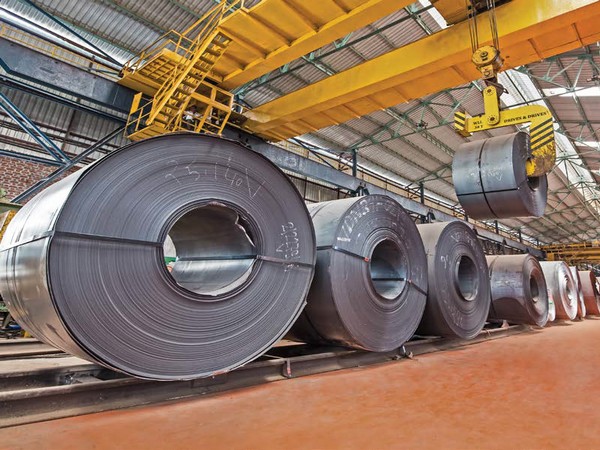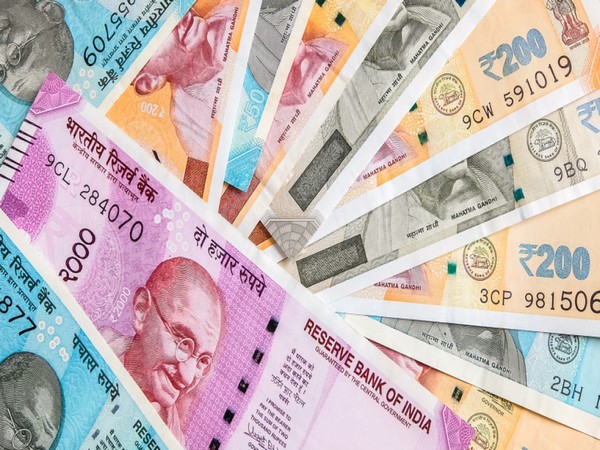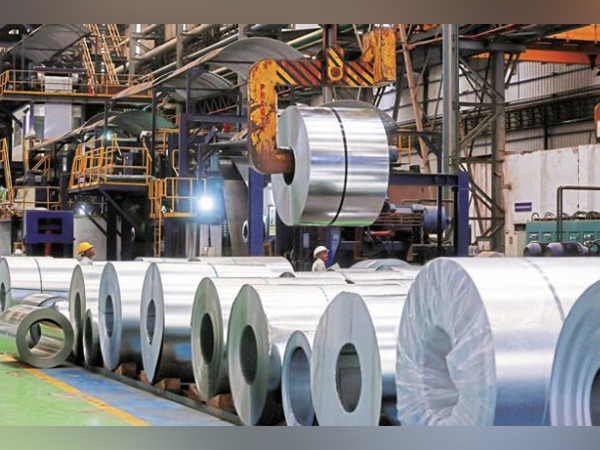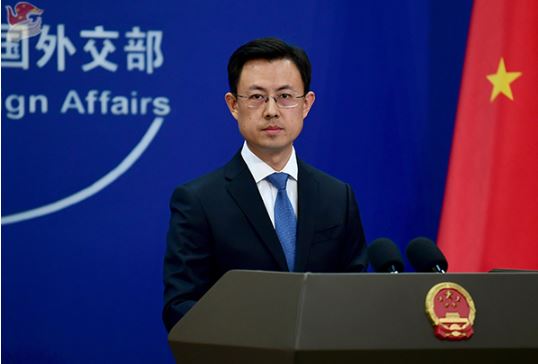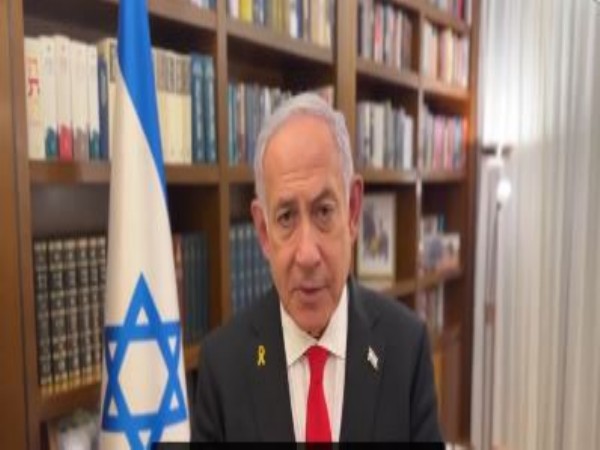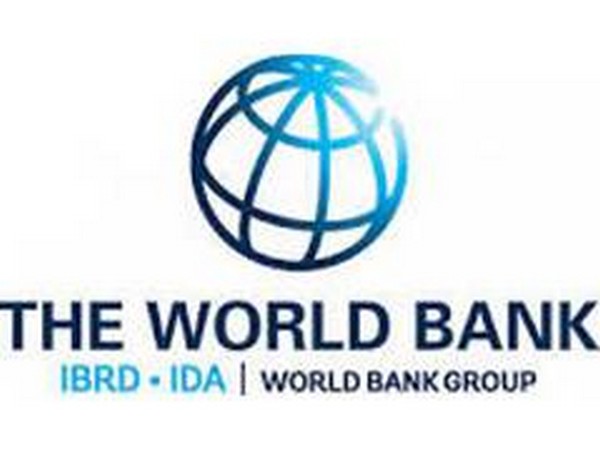
Washington D.C. [USA], April 29: The World Bank (WB) has approved USD 400 million multi-year financial support to India to enhance and safeguard its coastal and marine resources.
“The World Bank ‘s Board of Executive Directors today approved USD 400 million multi-year financing envelope to help India enhance its coastal resources, protect coastal populations from pollution, erosion, and sea-level rise, and improve livelihood opportunities for coastal communities,” said the World Bank in a press release on Tuesday (local time).
“The multi-year financial support responds to the growing need to safeguard India ‘s coastal and marine assets over the next decade. The program will help protect coastal resources by focusing on the rehabilitation of coastal beaches and mangroves…,” the release adds.
The first phase will cover eight coastal States and three coastal Union Territories, with USD 180 million in funding, for Enhancing Coastal and Ocean Resource Efficiency (ENCORE). “…the ENCORE program will expand the World Bank’s direct support toward achieving the NDC targets of the Government of India by supporting longer-term coastal adaptation, including through ecosystem restoration and the sound management of mangrove forests and seagrass fields,” said Milen Dyoulgerov and Addepalli Sitarama Krishna, Senior Environmental Specialists and World Bank ‘s Task Team Leaders for the Project.
As per the release, improved coastal management is an important element of India ‘s Nationally Determined Contributions (NDCs) under the Paris Agreement, whereby India has agreed to create an additional carbon sink of 2.5 to 3 billion through additional forest cover.
Moreover, the ENCORE will “help states prepare state-level Integrated Coastal Zone Management Plans (ICZMPs); provide long-term support to India in meeting national coastal and marine spatial planning needs, and develop and protect more intangible ‘blue’ resources..”
The USD 400 million loan from the international bank for Reconstruction and Development (IBRD) has a final maturity of 14.5 years including a grace period of five years. (ANI)
